ESRA2 (E-Survey of Road Users’ Attitudes) project with the active participation of NTUA is organising six on-line webinars under the theme “Measuring Global Traffic Safety Cultures to Support Effective Road Safety Policy Development” starting on 23 September 2020. The Webinar
topics concern: Enforcement and traffic violations – Seat belt &
Child restraint systems – Senior road users – Support for policy
measures – Pedestrians – Cyclists – Moped drivers and Motorcyclists –
Gender Issues – Young road users – Subjective safety and risk
perception – Vehicle automation.
|
Latest Developments
|
|||||
|
|||||
|
|||||
|
|||||
Statistics Corner
|
|||||
|
|||||
|
|||||
Our Publications
|
|||||
|
|||||
|
|||||
|
|||||
|
|||||
|
|||||
|
|||||
Upcoming Events
|
|||||
|
|||||
|
|||||





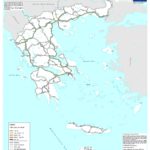

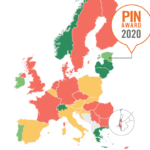
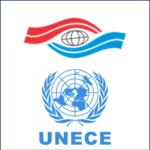

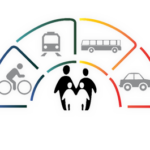


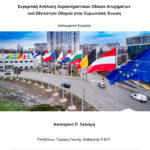


Δεν υπάρχουν σχόλια:
Δημοσίευση σχολίου